Many development programs show improvement when outside resources pour in to create change. But 5 years later, after all the outside influence is gone, are they still producing real benefits? That’s the difference between temporary success and sustainable change and that’s what Farmers of the Future seeks to achieve.
When Professor Dov Pasternak first piloted Farmers of the Future a decade ago he started in Sadoré, a small village across from the research station where he worked. The women focused primarily on grafting fruit trees and became hugely successful. Today, years after formal assistance stopped, the village is totally transformed. Click here to see how the women's efforts are positively impacting their lives and the lives of their families. The women earn 4 times the average income in Niger. Virtually all homes are upgraded, many with small refrigerators, a true luxury in a country nicknamed the Frying Pan of the Sahel. The women are well dressed, hundreds of their children have gone on to secondary school and dozens to university.
Sadoré is a wonderful story of sustained success, but hard to replicate given its reliance on fruit trees. Can we create sustainable success with vegetables, a much larger market with widespread demand?
It looks like the answer is “yes,” but it’s early to tell for sure since none of our sites have been totally weaned off support and only the Leadership Academy uses the scale needed to double the average income in the country. We’ll be closely monitoring results as support is withdrawn during 2017 and will have more to share over the coming year. Stay tuned.

